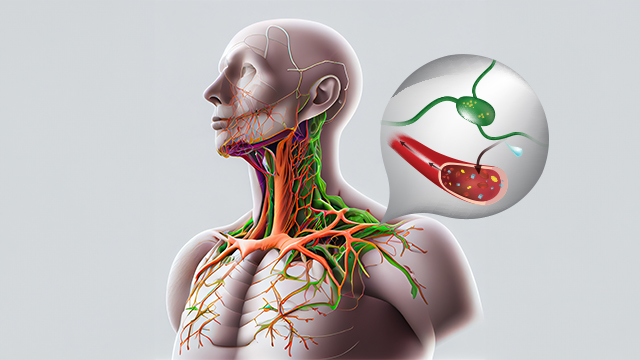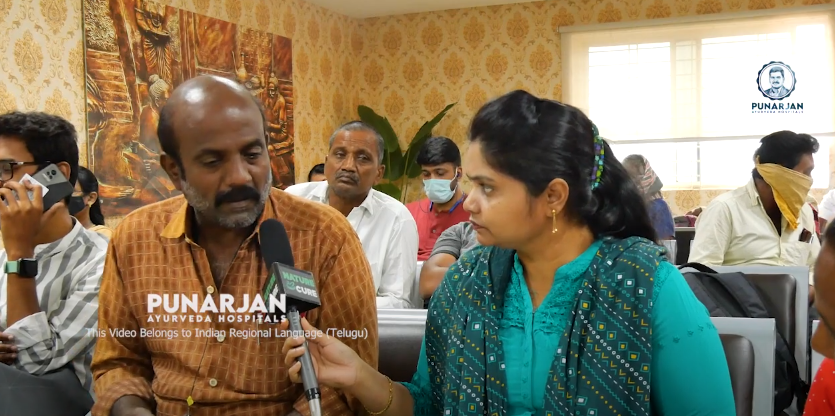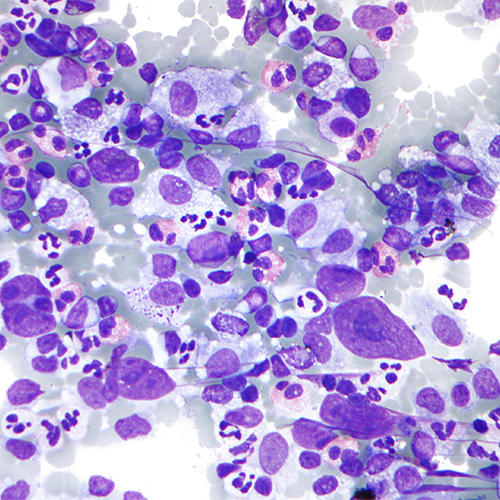
Hodgkin lymphoma (HL)
It is characterized by the presence of Reed-Sternberg cells, a specific type of abnormal lymphocyte. It is usually highly treatable, especially when diagnosed early.
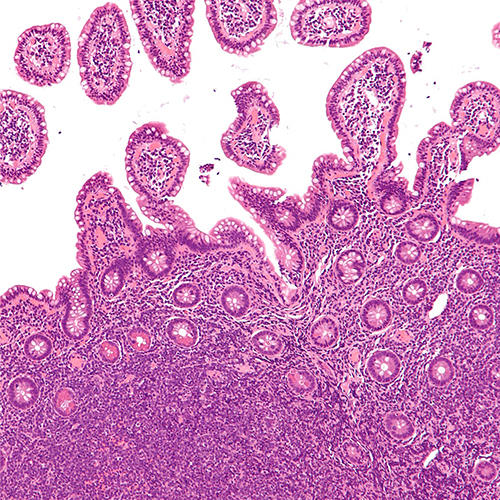
Non-Hodgkin lymphoma (NHL)
It is more common than HL. There are many different types of NHL, which are classified based on the type of lymphocyte involved (B-cell or T-cell) and how quickly the cancer grows. Treatment for NHL varies depending on the subtype and stage of cancer.
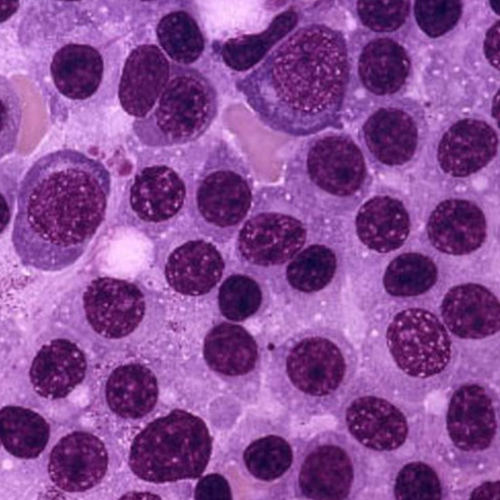
Waldenstrom Macroglobulinemia
It is a rare type of NHL that affects the B-cells. It is a slow-growing cancer that may not cause any symptoms for many years. Treatment is not necessary until symptoms develop.
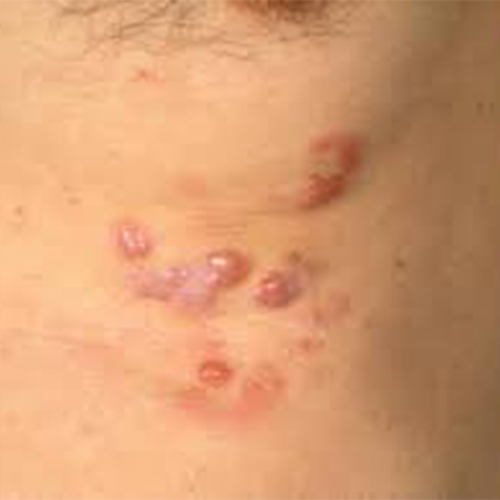
Lymphoma of the skin
It is a type of cancer that affects the T-cells in the skin. It can cause red, scaly patches on the skin. There are several different types of skin lymphoma and treatment varies depending on the type.

